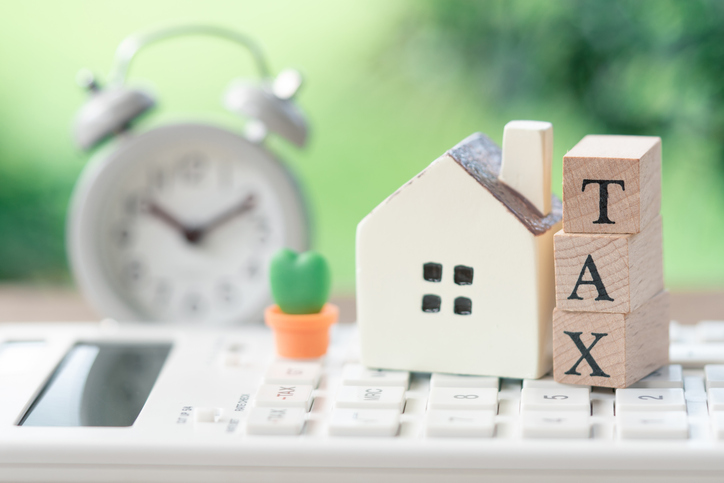Related Articles
Relevant Topics
The Washington Senate passed the controversial Rent Control House Bill 1217 (HB 1217) off the Senate floor late last week despite over 75 amendments being offered, with the majority of the amendments being rejected. This is despite several industry experts urging the legislature to seek other policy options rather than Rent Control to ease the cost of housing.
Proponents of HB 1217 claim the policy will improve housing affordability and stability for renters, In reality Rent Control will have the opposite effect, reducing the availability of housing and driving up long term costs.
HB 1217 aims to regulate the rental market significantly by placing a cap on annual rent increases. The original House bill set the increase rents could go up at 7%, the Senate, though an amendment by Senator Shewmake, adjusted that to 10% plus CPI. Additionally, HB 1217 places strict limits on late fees and security deposits, potentially reducing the ability of landlords to cover damages or recoup losses from delinquent tenants.
Nothing will stop future legislatures from changing the 10% cap to another, lower, number.
Historically, where rent control has been introduced, the result is reduced housing supply and higher rents. A Standford University study, when analyzing the effects of Rent Control in San Francisco, concluded,
“Ultimately, these shifts in the housing supply seem likely to have driven up citywide rents, damaging housing affordability for future tenants.” – Microeconomic Insights.
As the study correctly demonstrates, rent control discourages investment in rental housing. When landlords can't raise rents to keep pace with rising costs or market demand, they have less incentive to maintain existing properties or build new ones. This leads to a decrease in the supply of rental units, exacerbating the housing shortage and increasing prices.
On one hand, Washington is attempting to remove restrictions on increasing taxes (Senate Bill 5978), on the other, limiting property owners from increasing rents to cover the additional, state imposed costs. Eventually, the taxes increases will exceed the amount a property owner can charge for rent. The result is the home is sold; no property owner is going to operate a rental property at a loss.
An often-overlooked result of Rent Control is the deterioration of housing quality. When landlords are restricted in their ability to generate revenue, they are forced to cut back on maintenance and repairs. This can lead to a decline in the quality of rental housing, creating undesirable living conditions for tenants.
The provisions regarding lease termination and Attorney General enforcement are likely to lead to increased litigation between landlords and tenants. This would create additional costs and uncertainty for both parties, further destabilizing the rental market.
Instead of imposing artificial constraints on the rental market, Washington State should focus on policies that encourage housing construction and reduce the regulatory burden on developers. These can include,
- Streamlining the Permitting Process: Lengthy and complex permitting processes drive up the cost of building new housing.
- Reducing Impact Fees: Impact fees, which are often levied on new construction to pay for infrastructure improvements, can make projects financially unfeasible.
HB 1217 is a misguided attempt to address housing affordability in Washington State. While it may provide short-term relief for some renters, it is likely to have negative consequences for the housing market as a whole. By reducing the supply of rental units, driving up costs, and discouraging investment, this bill will ultimately make it harder for Washingtonians to find safe, affordable housing. The legislature should reconsider this approach and instead focus on policies that promote housing construction and reduce regulatory barriers.
The next step for HB 1217 is a process called reconciliation where House and Senate representatives reconcile the differences between the House and Senate versions. If no agreement is reached, the Senate has the option to adopt the original unaltered House version, or the House may revote on the Senate version. The final step is the governor’s signature.
You can read more about rent control here.
For the full list of Washington Policy Center recommendations on how to create affordable housing, see our Policy Brief here.





